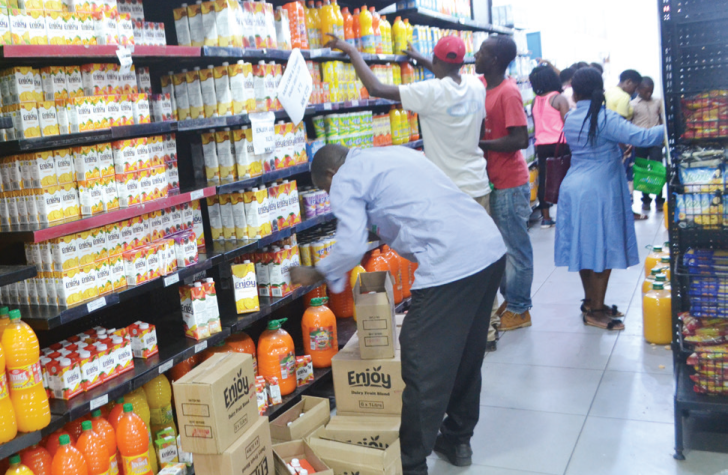Key Business Points
- The cost of living in Malawi has increased by 317 percent over the past five years, posing significant challenges for businesses and individuals alike.
- Inflation has outpaced income growth, with wages failing to keep pace with the rising cost of basic goods and services, affecting consumer purchasing power and demand.
- Structural reforms and human-centred economic planning are urgently needed to address the crisis, with proposed solutions including regular wage reviews, expanded social protection programs, and targeted price controls.
The cost of living crisis in Malawi is having a profound impact on the country’s economy and business sector. According to data from the Centre for Social Concern (CfSC), the cost of living has soared by 317 percent over the past five years, from K197 980 in June 2020 to K825 250 in June 2025 for a family of six. This increase has been driven by price hikes in essential commodities such as maize, beans, and cooking oil, as well as utilities and housing. As Mtengo wa maisha (cost of living) continues to rise, many Malawians are struggling to make ends meet, with zikomo (enough) money to cover basic expenses becoming a rarity.
The crisis is being exacerbated by stagnant income growth, with wages failing to keep pace with inflation. Despite a minimum wage increase from K35 000 to K126 000 over the past five years, many households are still struggling to get by. Malipiro achingere (wages) have not kept pace with the rising cost of living, leaving many individuals and families to rely on informal credit or sell off assets to survive. For entrepreneurs and small business owners, kolola kwa njala (running a business) is becoming increasingly challenging, as consumers reduce their spending due to decreased purchasing power.
The situation is having severe implications for consumer welfare, including food insecurity, changes in consumption patterns, and downward pressure on living standards. Umodzi wa mtengo (inflation) is also undermining progress towards socio-economic goals, such as reducing poverty and inequality. According to Scotland-based Malawian economist Velli Nyirongo, the drastic escalation in the cost of living portrays a challenging macro-economic environment, with severe consequences for consumer welfare.
To address the crisis, experts are calling for comprehensive and sustained policy action. The CfSC has proposed a range of measures, including regular wage structure reviews, expanding social protection programs, and implementing targeted price controls and temporary tax relief on essential goods. Kupanga mpango wa maji (planning for the future) is crucial for businesses and individuals to navigate the current economic challenges and build a more resilient and prosperous future. By understanding the mtengo wa maisha and its impact on the economy, businesses can make informed decisions to kolola kwa njala and thrive in a challenging environment.
What are your thoughts on this business development? Share your insights and remember to follow us on Facebook and Twitter for the latest Malawi business news and opportunities. Visit us daily for comprehensive coverage of Malawi’s business landscape.
- Malawi Spain Strategic Agreement Powers New Business Opportunities - February 6, 2026
- Malawi’s Maize Price Slump: Strategic Response for Business Growth - February 6, 2026
- Malawi’s Agricultural Resource Imbalance: Economic Opportunities at Risk - February 6, 2026

